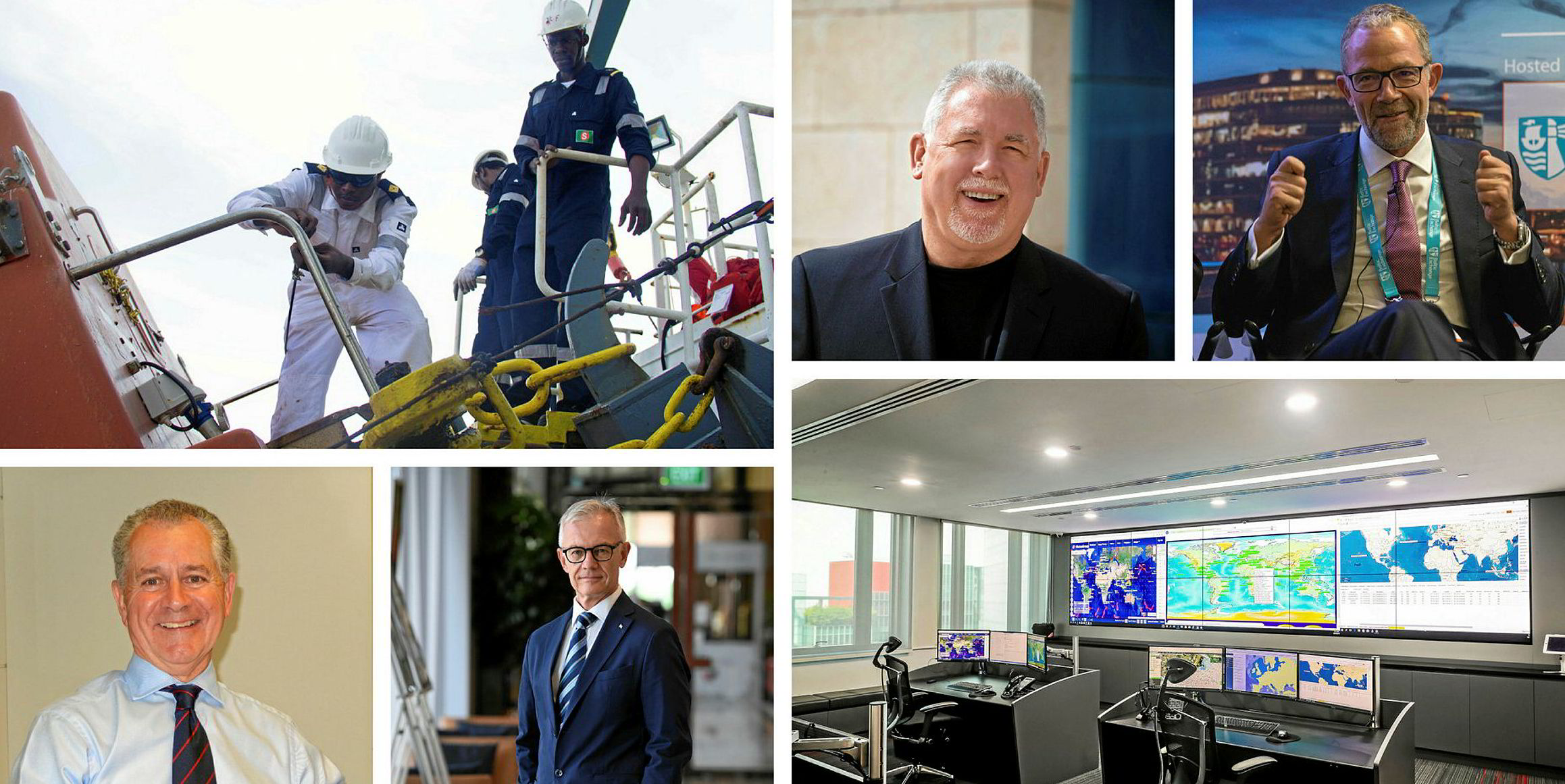Sector at a crossroads between quality and cost
The shipmanagement business is becoming increasingly complex, which threatens to erode earnings — but third-party managers are ready to make their case to owners. “You’re dealing here with lives, expensive assets and huge environmental issues. You cannot afford to cut costs too far,” says Mark O’Neil, president of Columbia Shipmanagement.
Shipping is pulling in different directions in the march to digitalisation
Industry experts claim shipping needs to collaborate more before it will see the benefits of digitalization. Shipmanagers say they are frustrated with the fragmented approach the industry has taken so far.
Ships' tanks are not really designed for human intervention. There a lot of traps for seafarers.
Kuba Szymanski
Do digital management tools mean less optionality for shipowners?
Shipmanagers are facing a difficult choice: do they offer their clients a menu of options, or a single take-it-or-leave-it platform? Some shipowners are pushing back as digitalisation takes away their freedom to choose.
Will we see a surge in fatalities in run-up to IMO 2020?
With the sulphur cap less than two months away, an InterManager survey has revealed fears over potential fatalities as ships switch fuels. “We bet there will be a spike of deaths,” says secretary general Kuba Szymanski.
Is it better for managers to be privately owned?
The heads of Hong Kong's two biggest managers, Anglo-Eastern's Bjorn Hojgaard and Fleet Management's Kishore Rajvanshy, believe private ownership offers greater flexibility than their publicly owned rivals.
Bernhard Schulte reaps benefits from Greek LNG drive
The Greek market has always been a tough nut to crack. How is Bernhard Schulte doing it? Theophanis Theophanous, head of the shipmanager’s Athens office, gives TradeWinds the answer: lending its experience in LNG to shipowners who are itching to join the sector.
China is key to restoring the Wilhelmsen LNG book
As a shipmanager, Wilhelmsen's best-known niche is car carriers and the company presently has only five LNG carriers under full technical management worldwide. That is soon set to change, thanks to rapid growth in Chinese gas imports.




